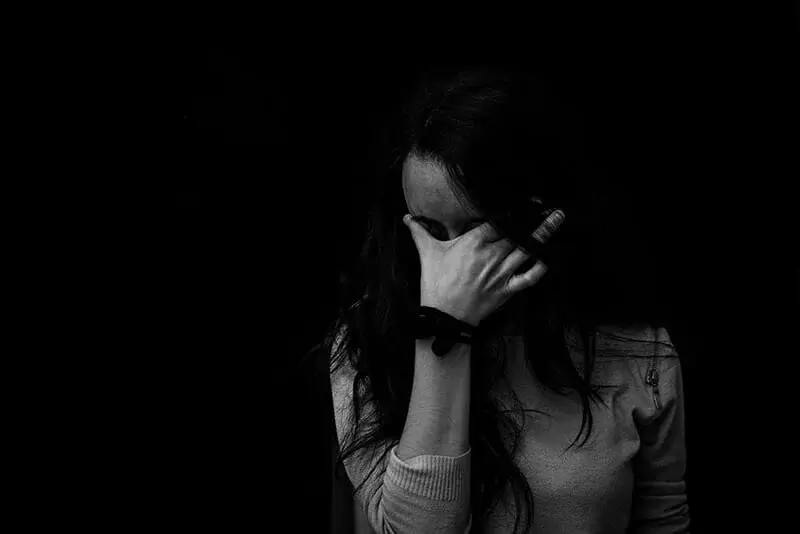We have spoken before about the importance of mental health and how addiction can take people’s minds to dark thoughts and depression.
Depression happens to be one of the worst components of a dependency and, often times, people are under a false assumption that “using” can somehow rid their brain of these dark thoughts. Never let the false euphoria of a “high” fool you. The only way to truly conquer this demon is with the healing effects of recovery.
One of the reasons that we’re bringing this topic up is because of the tragic celebrity suicides that recently plastered the entertainment headlines. Artists like Chris Cornell of Soundgarden and Chester Bennington of Linkin Park. Both were extraordinarily talented. And both publicly battled addiction.
It remains to be seen whether their old habits had anything to do with their untimely deaths (and we certainly hope they did not). But there is a history there and, as many of us know, recovery can be a lifelong process.
Just because you’ve beaten an addiction once, doesn’t mean it can’t come creeping back; particularly if you are in a vulnerable state.
That is part of the reason why we like to be an ongoing presence of our clients’ lives. We are all “works in progress” and continuing to be part of a healing network is essential if you ever find yourself in a dark place.
Dark Thoughts of Depression
It is incredibly tragic to see how stigmatized words like “addiction” and “strong>suicide” have become. These are legitimate illnesses and those who struggle need to be treated with dignity and respect.
Often times, the reason people succumb to these issues is because they feel too ashamed to actually reach out and get help.
And what kind of help can that be? Acknowledging the issues, for one. In a previous blog post we discussed our incorporation of the dual diagnosis treatment when working with clients. This means not just isolating a person’s addiction; but rather giving a full mental and physical evaluation, then treating each illness accordingly.
On our website, we offer key identifiers to help clients better understand their symptoms and know that they are not alone. In regards to the dark thoughts of depression, it is important to note that many times it has to do with a legitimate chemical imbalance in the brain; regulating everything from mood to energy levels.
Irregularities with serotonin, dopamine and gamma-aminobutyric acid (GABA) all potentially play a role and may even contribute to one’s urge to use.
At Iris, we work towards healing those imbalances with daily therapies, reflections, exercises and treatment methodologies. Illnesses like these can create a vicious cycle where depression leads to using and using leads to depression. The best way that we have seen to conquer these issues is by tackling them both head-on; using recovery fundamentals blended with love and support.
Our hearts certainly go out to the families of Chris Cornell and Chester Bennington. We urge anyone who finds themself in a similar situation to reach out before it’s too late. There is always hope and there is always recovery.



